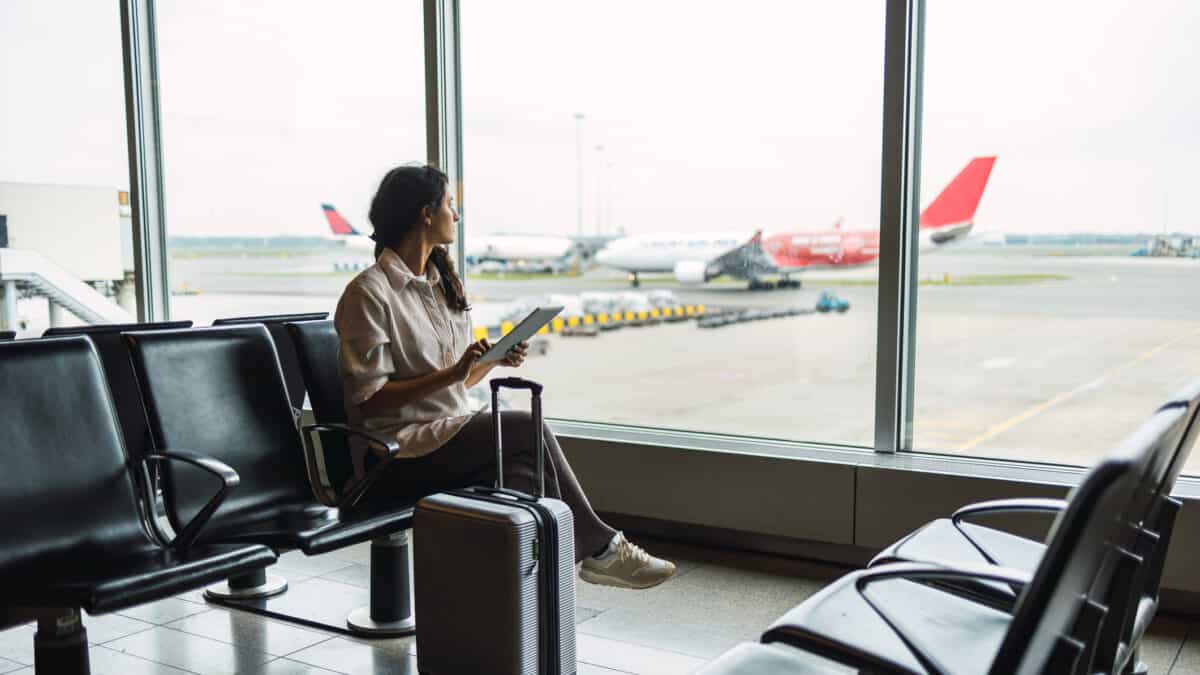Qantas Airways Ltd (ASX: QAN) shares have been flying high in 2024.
Trading at $8.91 apiece in morning trade today, shares in the S&P/ASX 200 Index (ASX: XJO) airline stock are up 66.5% year to date.
That's almost eight times the 8.5% gains posted by the ASX 200 over this same period.
A lot's been going right for Qantas shares this year following the decidedly turbulent 2023.
And many investors may not know just how important Jetstar, Qantas' budget airline, is to the company's ongoing growth plans.
Qantas shares getting a boost from Jetstar
When Qantas reported its full-year results for FY 2024, a number of strong metrics from Jetstar really stood out to me.
Over the 12 months, Qantas saw 11 new aircraft arrive, including five Jetstar Airbus A321neo Long Range aircraft.
Qantas shares stand to benefit longer-term from the new aircraft for a range of reasons, including lower fuel and maintenance costs.
As of late August, the ASX 200 airline had 15 Jetstar A321LRs operational, with around half of those replacing older A320s. Management said this contributed approximately $7 million of incremental earnings before interest and tax (EBIT) per hull through fuel and scale efficiencies.
FY 2024 saw Jetstar increase its domestic network by 15% year on year, driven by growing demand for low-fares travel. Jetstar's international network also reported significant growth and an 11% margin for the year.
Commenting on the support Qantas shares received over the year from Jetstar, Qantas CEO Vanessa Hudson said at the time:
Qantas benefited from increased corporate and resources travel and ongoing high demand for international premium seats while Jetstar delivered its highest result as it grew to meet increased demand from price-sensitive leisure travellers and saw the benefits from its new aircraft.
A word from Jetstar's CEO
If you're investing in Qantas shares, you should be familiar with Jetstar CEO Stephanie Tully.
Commenting on increasing shareholder interest in Qantas' budget airline, Tully said (courtesy of The Australian Financial Review), "They're really interested in the fleet and the impact it will have because Jetstar is the first part of the business to start getting a lot of the planes."
According to Tully:
These planes fit more people on them and they burn a lot less fuel – sometimes as much as 25% less – and they're newer, so maintenance costs are less. And for Jetstar now, it's not just been that difference but the growth it's unlocked.
Jetstar looks to have been helping the performance of Qantas shares as it fills the demand for low-cost air travel.
Tully explained:
When we look at our economic settings, we've been feeling that there's a need for more demand at that low-cost end. Post COVID we've been getting our performance a lot more stable enabling a much stronger preference from customers. You can afford to grow as long as you're fit enough to grow, and we have been.
If we want to keep being the low-cost leader, we've got to be really disciplined about running this business tightly.









